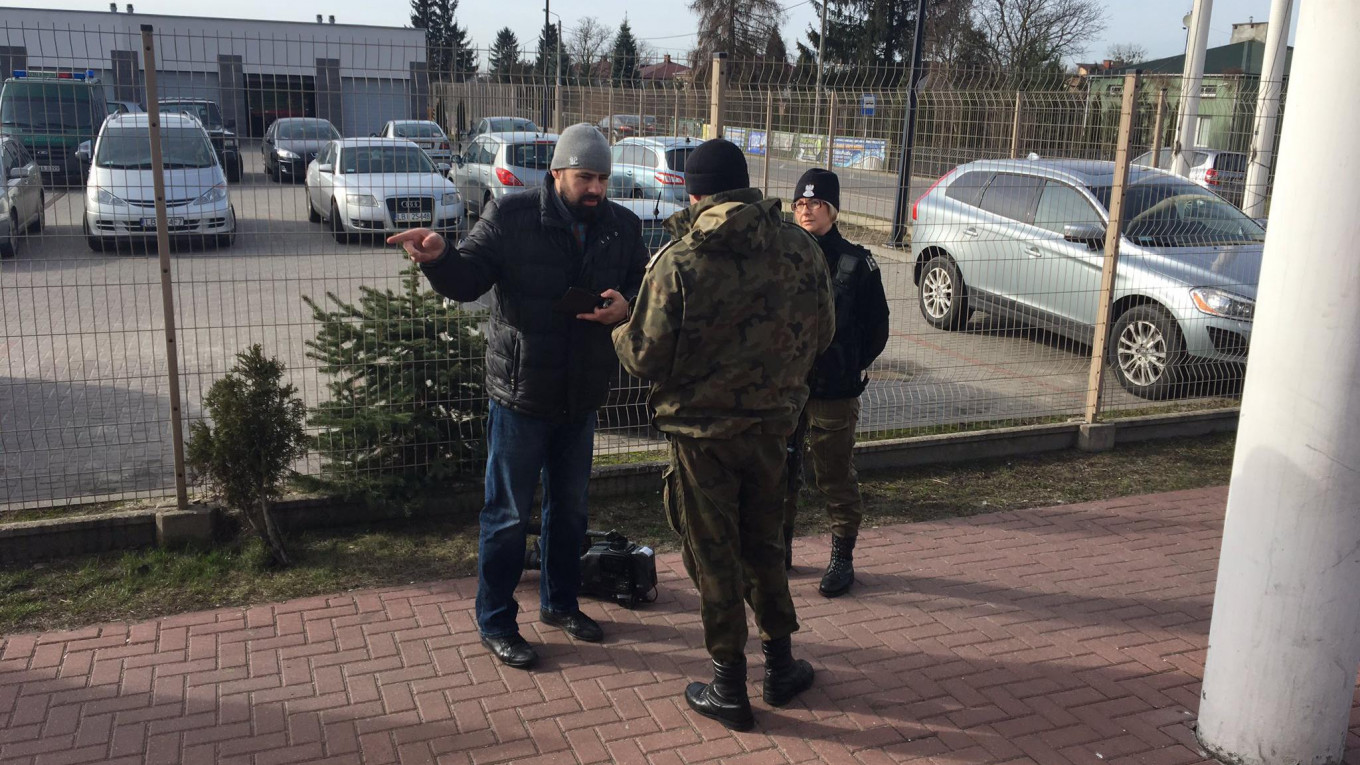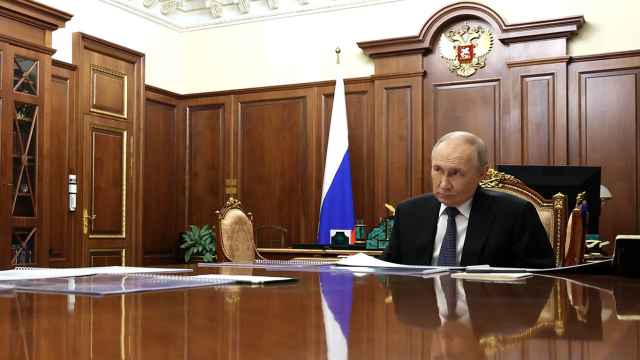A group of lawyers from Warsaw traveled to the Belarusian border on Friday in a bid to secure legal assistance to Chechen asylum seekers facing off against Polish officials.
The number of Chechen refugees fleeing Ramzan Kadyrov’s regime peaked last summer, when hundreds arrived in Brest, a Belarusian border town.
With support from NGOs in Poland and Belarus, fourteen human rights lawyers and a team of psychologists arrived on Friday at the border to provide legal help to a group of 70 Chechens seeking international protection.
According to a statement by the Warsaw-based Society of Legal Intervention, which also joined the initiative, “The presence of the lawyers is supposed to draw attention to the fact that state agencies are not respecting Polish responsibility under international law on human rights.”
The whole idea, the lawyers say, was to surprise the border patrols.
The group arrived at 6 a.m., a few minutes before the daily train arrives from Brest carrying dozens of hopeful Chechen refugees. The group knew exactly who would be on the train, as several families had accepted legal representation. Members of a Belarusian human rights group, in constant contact with the Polish lawyers, were also on the train.
Once the refugees arrived at the Polish border, however, guards intervened and blocked them from speaking to their lawyers.
“Lawyers are allowed to assist their clients during the application for asylum, but we were denied,” Aleksandra Chrzanowska, working with the Society of Legal Intervention, told The Moscow Times.
Polish officials say the Chechens seeking asylum are actually economic migrants without visas and therefore have no right to enter the country.
“They say there is no work in Russia, and that's why they want to come to Poland,” says Chrzanowska, describing the board guards’ position.
This echoes what the Polish Interior Minister Mariusz Blaszczak said last year: “There is no war in Chechnya, so the border is closed.”
But a majority of the Chechens in Brest are running from the brutal regime of Ramzan Kadyrov. “Some of them were subjected to torture. They are psychologically traumatized,” says Chrzanowska, who argues that it’s not the role of border patrols to judge whether a person has the right to asylum. Their role, she says, is simply to provide the application documents, which are handed over to the Foreigners’ Rights Ministry in Warsaw.
Polish border control, however, refuses to acknowledge this. In an absurd situation, the lawyers were forced to communicate with their clients through a screen.
“We heard them [the border guards] say: 'This is not a court' and 'When you're a citizen, you'll have the right to a lawyer.'”
Chechen refugees stranded in Brest make dozens of attempts to apply for asylum at the Poland border. Lawyers say the record belongs to a 22-year-old Chechen man who’s tried to cross into Poland 66 times.
A Message from The Moscow Times:
Dear readers,
We are facing unprecedented challenges. Russia's Prosecutor General's Office has designated The Moscow Times as an "undesirable" organization, criminalizing our work and putting our staff at risk of prosecution. This follows our earlier unjust labeling as a "foreign agent."
These actions are direct attempts to silence independent journalism in Russia. The authorities claim our work "discredits the decisions of the Russian leadership." We see things differently: we strive to provide accurate, unbiased reporting on Russia.
We, the journalists of The Moscow Times, refuse to be silenced. But to continue our work, we need your help.
Your support, no matter how small, makes a world of difference. If you can, please support us monthly starting from just $2. It's quick to set up, and every contribution makes a significant impact.
By supporting The Moscow Times, you're defending open, independent journalism in the face of repression. Thank you for standing with us.
Remind me later.






